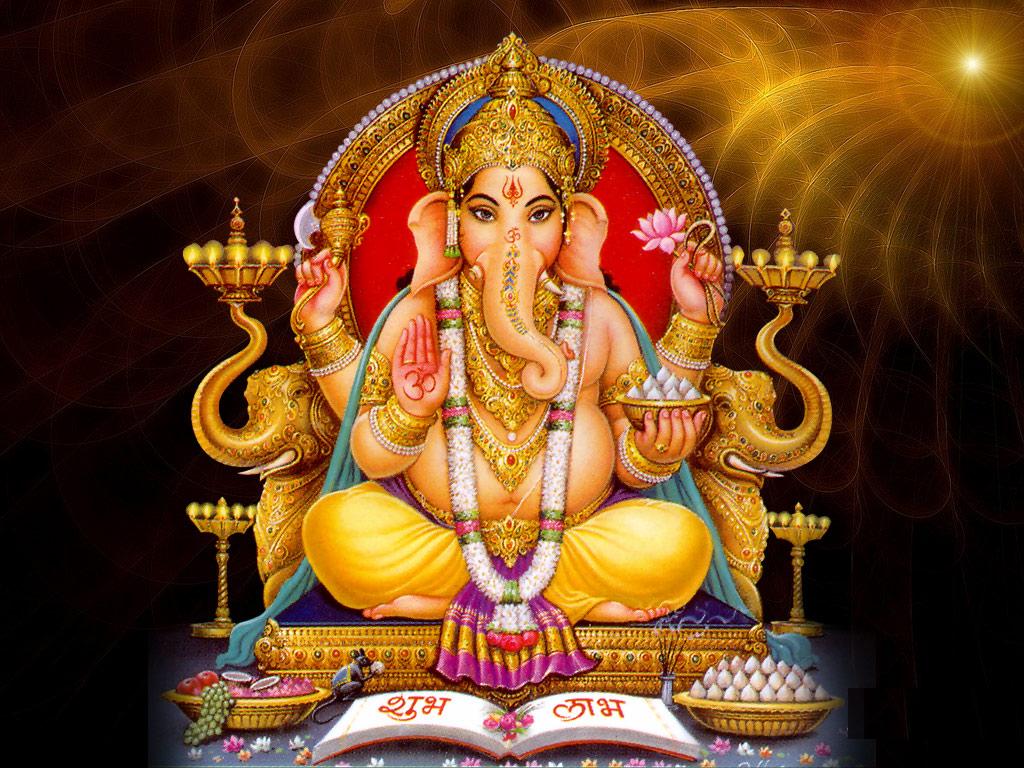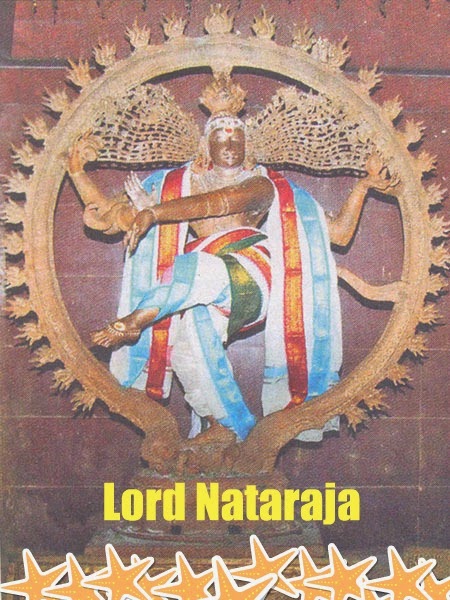This is a short story about "Senthan Amutharar" who is a great devotee of Lord Shiva.
Approximately 1200 years ago, "Senthan" lived in Chidambaran, in India.He is a woodcutter.His daily income was not much.But, inspite of that, daily he offers food strictly to one Lord Shiva devotee, before he partakes his food.
Once there was a heavy rain and he lived in utter poverty.That time a sivan-adigalar(a Lord Shiva Devotee) with dripping clothes in rain came to Senthan in hunger requesting for food.But Senthan himself was living in empty stomach for many days.
To his surprise, he had some rice flour and jaggery with him.So he happily mixed both and made it into small balls(which is called kali in Tamil) and offered him.
The delighted sivan-adigalar ate it happily with content and packed the leftover kali in a towel and took with him,
The next day, King Chola visited Lord Nataraja temple.He got shocked on seeing God's mouth smeared with kali, spilled all over the body.That night God himself came in King's dream and told proudly about Senthan's act of giving kali to him.And he also added that King could understand the greatness of Senthan in chariot festival.
The next day, thousands of people jointly tried to move the chariot but they couldn't. That time a Godly voice from sky informed 'If Senthan sing's "pallandu song" chariot will move'.Accordingly Senthan started the song saying "mannuga thillai" and at the same time chariot also started to move.King immediately felled in Senthan's feet and worshiped him.
The day Senthan offered kali to God is "Thiruvathirai" festival(also called Arudra Darisanam) which comes in Margazhi month.And that's the reason even today we are offering kali to Lord Shiva on that day.
Through Senthan God conveys "Your Character is your Race" moral to the world.
A person cannot belong to inferior/superior race, just because he/she born in a particular ethnic group.It is only his/her character which decided his race.
Approximately 1200 years ago, "Senthan" lived in Chidambaran, in India.He is a woodcutter.His daily income was not much.But, inspite of that, daily he offers food strictly to one Lord Shiva devotee, before he partakes his food.
Once there was a heavy rain and he lived in utter poverty.That time a sivan-adigalar(a Lord Shiva Devotee) with dripping clothes in rain came to Senthan in hunger requesting for food.But Senthan himself was living in empty stomach for many days.
To his surprise, he had some rice flour and jaggery with him.So he happily mixed both and made it into small balls(which is called kali in Tamil) and offered him.
The delighted sivan-adigalar ate it happily with content and packed the leftover kali in a towel and took with him,
The next day, King Chola visited Lord Nataraja temple.He got shocked on seeing God's mouth smeared with kali, spilled all over the body.That night God himself came in King's dream and told proudly about Senthan's act of giving kali to him.And he also added that King could understand the greatness of Senthan in chariot festival.
The next day, thousands of people jointly tried to move the chariot but they couldn't. That time a Godly voice from sky informed 'If Senthan sing's "pallandu song" chariot will move'.Accordingly Senthan started the song saying "mannuga thillai" and at the same time chariot also started to move.King immediately felled in Senthan's feet and worshiped him.
The day Senthan offered kali to God is "Thiruvathirai" festival(also called Arudra Darisanam) which comes in Margazhi month.And that's the reason even today we are offering kali to Lord Shiva on that day.
Through Senthan God conveys "Your Character is your Race" moral to the world.
A person cannot belong to inferior/superior race, just because he/she born in a particular ethnic group.It is only his/her character which decided his race.
Read more




























